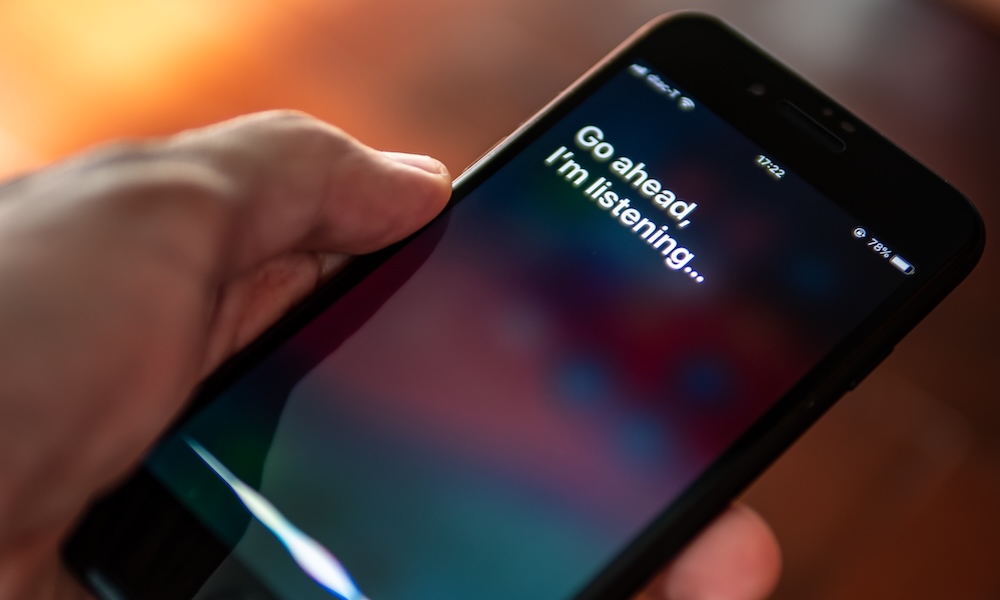iOS 26.2 Will Let Users Swap Out Siri — But Only in Japan

Toggle Dark Mode
The third beta of iOS 26.2 arrived this week with a surprise twist: code that suggests that users will soon be able to swap out Siri for alternative voice assistants — at least when you press and hold the Side button.
Shortly after the beta landed, code snippets revealed that Apple was laying the groundwork to support third-party voice assistants that could replace Siri on the Side Button. While it would have been overly optimistic to expect Apple to open this up worldwide, many assumed the feature was destined for the European Union, where the Digital Markets Act (DMA) has forced Apple to open up app distribution and even connectivity features like smartwatch integration to third-party companies.
However, Europe isn’t the only place where new rules are forcing Apple to be more open. As we reported earlier this month, Japan is getting new App Store freedoms in iOS 26.2, where users will soon be able to install third-party app marketplaces in much the same way this has worked in the EU since early last year.
These changes are mandated by the Mobile Software Competition Act (MSCA), Japan’s new antitrust law designed to ensure fair competition on mobile platforms. However, it turns out the new rules cover more than just app distribution; they also require Apple to provide third-party apps with the same access to core iPhone features that Apple’s own first-party apps enjoy — and that includes voice assistants.
While the EU’s DMA has similar requirements, they’re more open to interpretation, and Apple is naturally reading them in the way most favorable to its own interests — at least until the European Commission forces its hand. In May, Bloomberg reported that Apple was working on opening up third-party voice assistants to comply with European Union regulations, but that’s seemingly not where these iOS 26.2 changes are about to roll out.
Japan’s regulations leave far less room for ambiguity, and Apple isn’t holding back there. According to a new article on Apple’s developer documentation pages, that’s where Apple is drawing a hard boundary — and the documentation spells it out in unambiguous terms:
Functionality provided by the activate schema API in App Intents is only available on iPhone in Japan and requires the Side Button Access entitlement. During development, install your provisioning profile on your iPhone test device to test the functionality. For a production device, the country or region of your Apple Account must be set to Japan, and you must physically be located in Japan.
Apple is stacking up several limitations around this:
- A developer who wants their voice assistant to work with the Side Button must apply to Apple for permission (what Apple calls an “entitlement”);
- The user of the app has to be using an Apple Account based in Japan; and
- The iPhone must be physically located in Japan.
That last one isn’t just a regulatory technicality — it means Japanese users could lose Side Button access to their assistant when leaving the country. Such strict geofencing could prove chaotic for business travelers who rely on their localized assistant, only to have it vanish or revert to Siri the moment they land at Heathrow or JFK. Apple may offer a grace period, as it has for alternative app marketplaces in the EU, but the developer documentation says nothing about it yet.
It’s also worth noting that this change is exclusive to accessing a voice assistant by holding down the Side Button. There’s no indication that Apple will make it any easier to call up another assistant by using a voice command like you can with “Hey Siri.”
Apple doesn’t explicitly say this feature will launch in iOS 26.2, but the appearance of this code in the third beta, the new developer documentation, and — most significantly — the looming December 2025 compliance deadline under the MSCA all make it likely we’ll see it before the end of the year. When it may expand to the EU is anybody’s guess, but Apple is still doing everything it can to fight the DMA on principle, so it’s unlikely to roll out there until the European Commission explicitly demands it.







